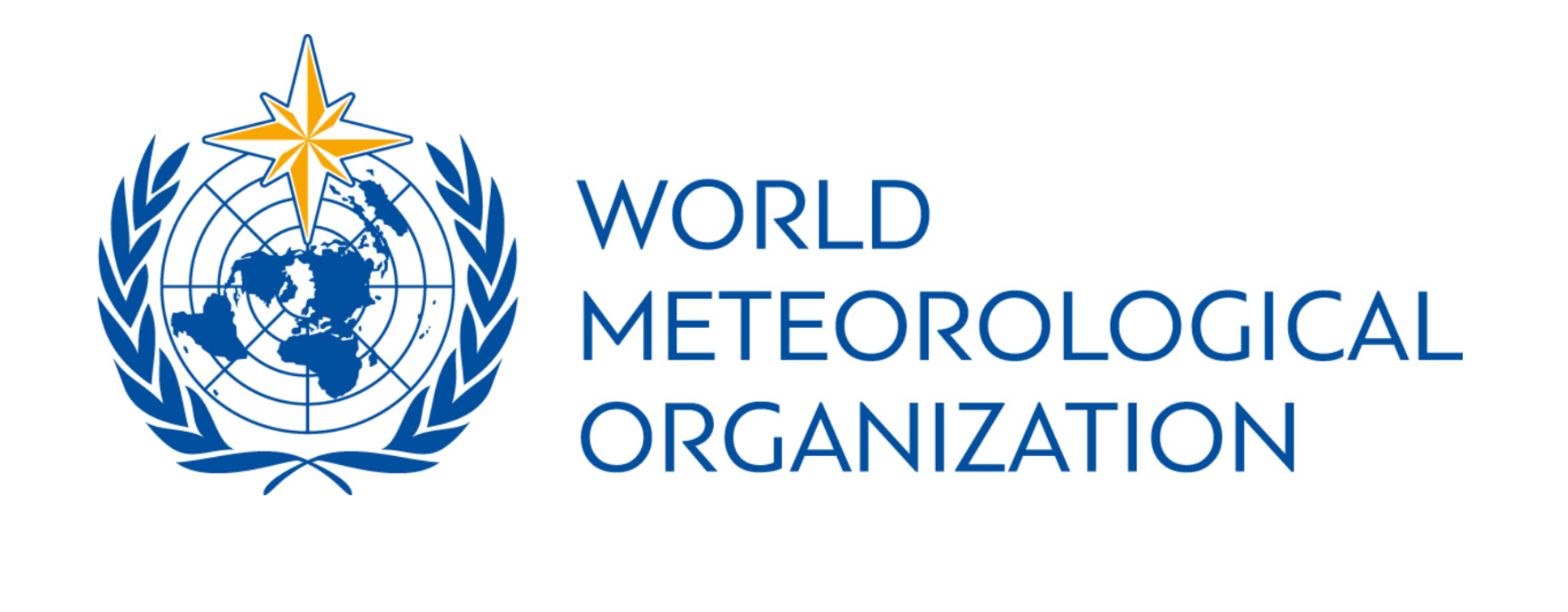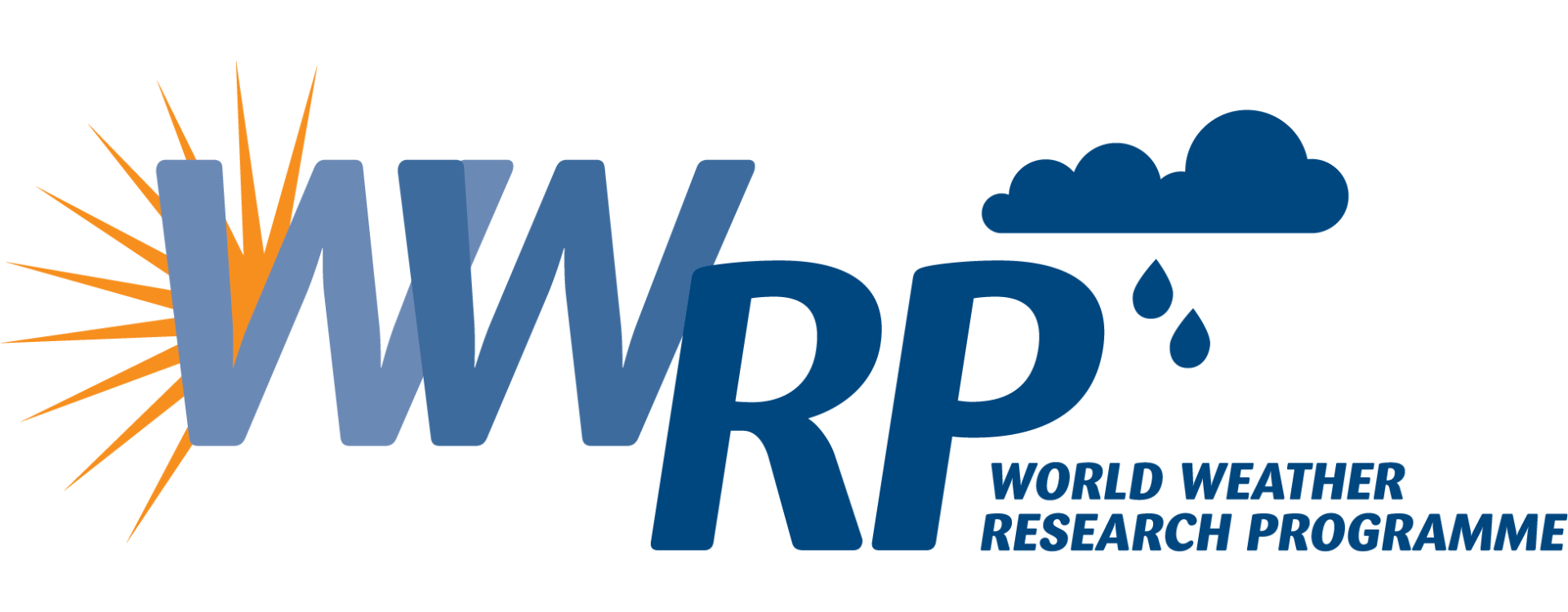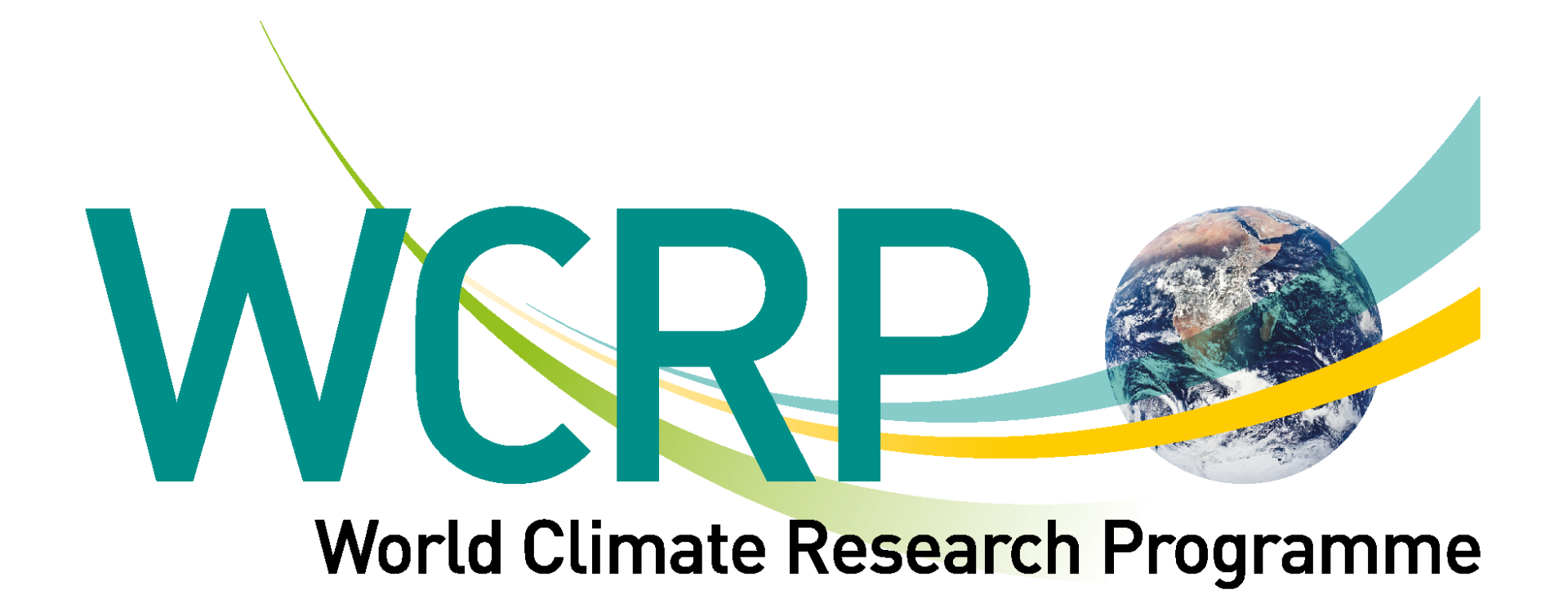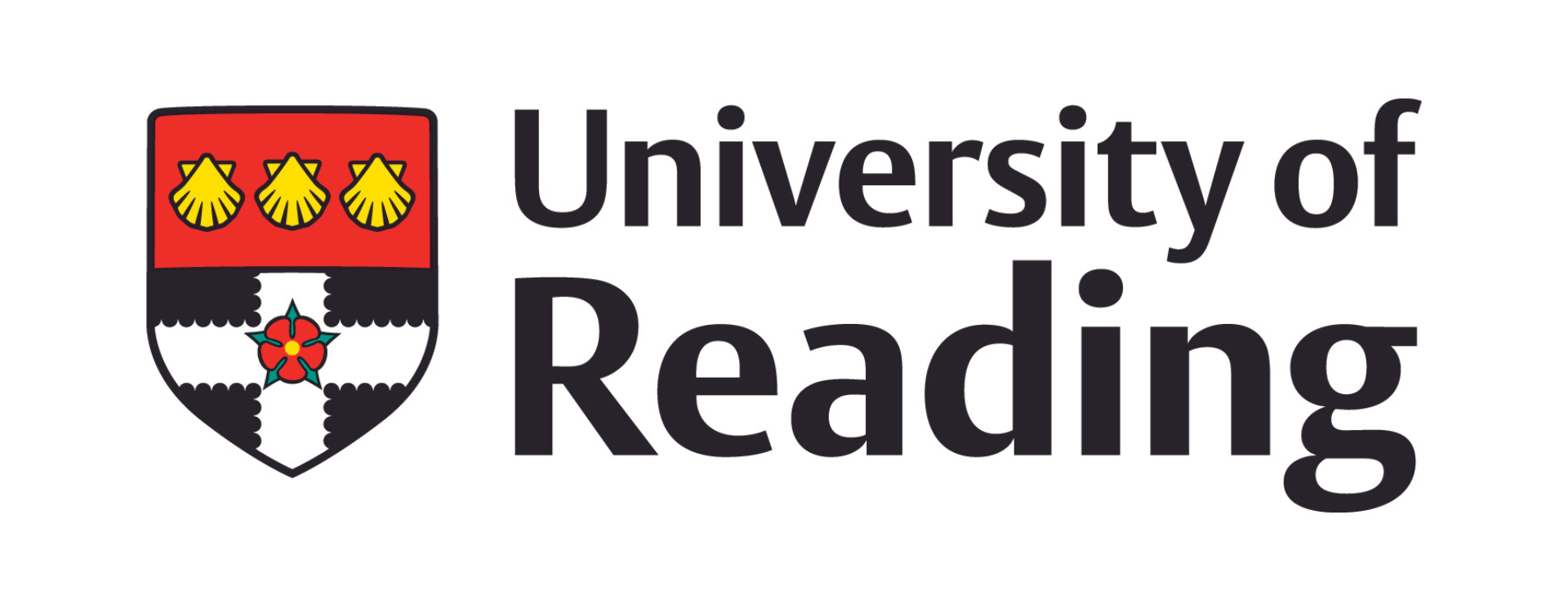Abstract ID: 146
A Minimal Model to Diagnose the Contribution of the Stratosphere to Tropospheric Forecast Skill
Lead Author: Andrew James Charlton-Perez
University of Reading, United Kingdom
Keywords: Stratosphere, Extra-Tropics, Theoretical Model
Abstract: Many recent studies have confirmed that variability in the stratosphere is a significant source of surface sub-seasonal prediction skill during Northern Hemisphere winter. It may be beneficial, therefore, to think about times in which there might be windows-of-opportunity for skillful sub-seasonal predictions based on the initial or predicted state of the stratosphere. In this study, we propose a simple, minimal model that can be used to understand the impact of the stratosphere on tropospheric predictability. Our model purposefully excludes state dependent predictability in either the stratosphere or troposphere or in the coupling between the two. Model parameters are set up to broadly represent current sub-seasonal prediction systems by comparison with four dynamical models from the Sub-Seasonal to Seasonal Prediction Project database. The model can reproduce the increases in correlation skill in sub-sets of forecasts for weak and strong lower stratospheric polar vortex states over neutral states despite the lack of dependence of coupling or predictability on the stratospheric state. We demonstrate why different forecast skill diagnostics can give a very different impression of the relative skill in the three sub-sets. Forecasts with large stratospheric signals and low amounts of noise are demonstrated to also be windows-of-opportunity for skillful tropospheric forecasts, but we show that these windows can be obscured by the presence of unrelated tropospheric signals.
Co-authors:
Jochen Bröcker (University of Reading)
Alexey Yu. Karpechko (Finnish Meteorological Institute)
Simon H Lee (Columbia University)
Michael Sigmond (Canadian Centre for Climate Modelling and Analysis)
Isla R. Simpson (National Centre for Atmospheric Research)







